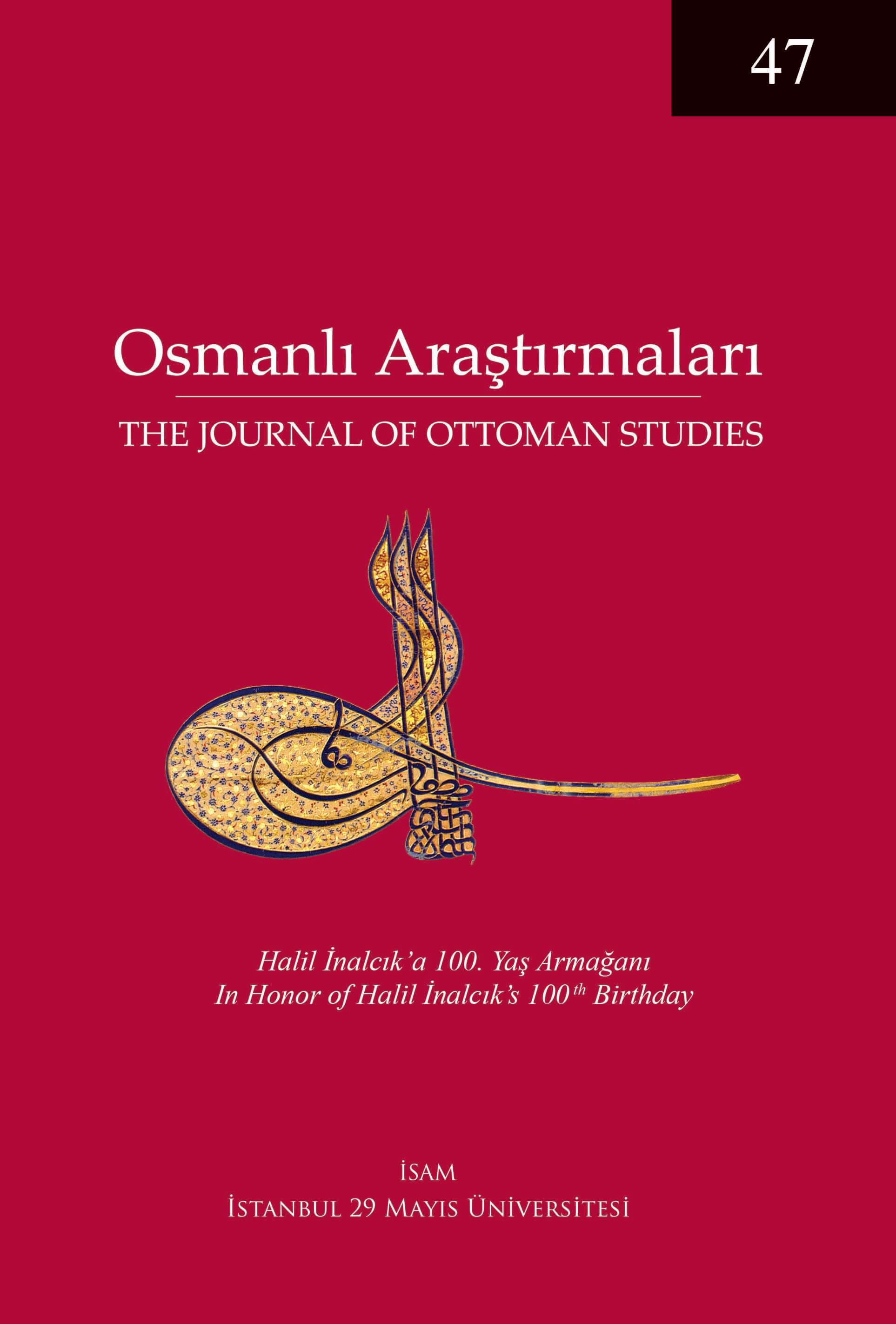Rusuhi’s A Ghazal in the Paradoxical Sufi Words and Yusuf Sinan al-Din and Muniri’sRefutation Against the Poet
Keywords:
Tadlîl al-Ta’vîl, Rusûhî Süleymân, Yûsuf Sinânüddîn, Münîrî-yi Belgradî, ghazal, refutation, heretic and heresyAbstract
Rusûhî, a Sufi poet, wrote a ghazal in a paradoxical Sufi idiom (kuş dili) in order to show his talent, gain prestige, and demonstrate his knowledge and wisdom. Since this ghazal appeared to be contrary to religious dogma, it caused trouble. Rusûhî, therefore, was accused of blasphemy and was asked to repent. However, Rusûhî did not step back and wrote a letter in defense of his poetry. In the letter, he claimed that it was not his mistake, but rather that of the ulema in interpreting the content at face value. He elicited strong reactions from his own circles. Yusuf Sinan al-din, a fellow Sufi, wrote a refutation to ensure that the poet received the punishment he deserved. Both Rusûhî’s letter and the ghazal itself were severely criticized in Yusuf ’s refutation. Following a respite in this tension, another refutation,written by Muniri for Rusûhî, appeared. In this epistle, Muniri efendi provided support for Rusûhî’s letter in which he defended himself,and offered an explication and interpretation of the ghazal, and finally attempted a refutation of the claims of the Sufi poet Yusuf. This study aims to observe closely a polemic that was triggered by a ghazal.




